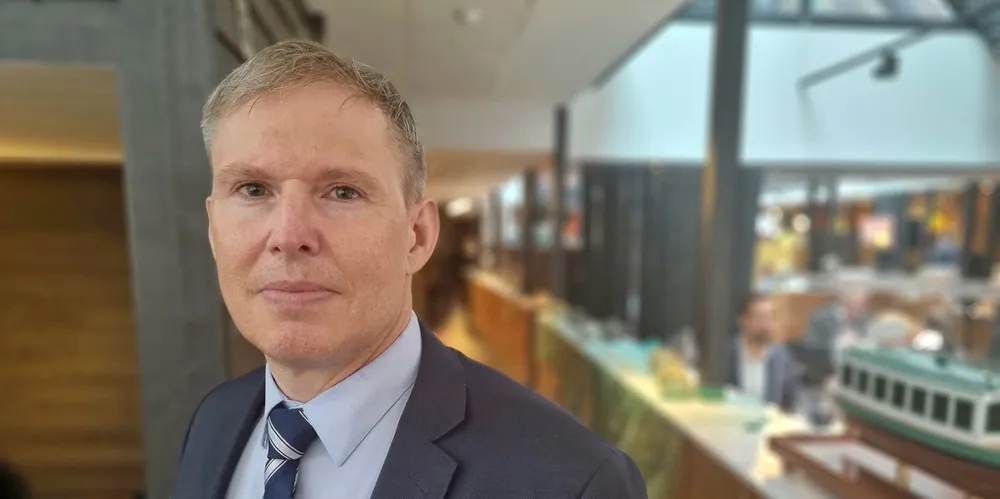‘Very important’: Mowi, Grieg, Cermaq CEOs welcome British Columbia license decision but analyst has concerns
Analysts say the news was as expected and it is still unclear what will happen with the disputed Discovery Islands.

Analysts say the news was as expected and it is still unclear what will happen with the disputed Discovery Islands.
